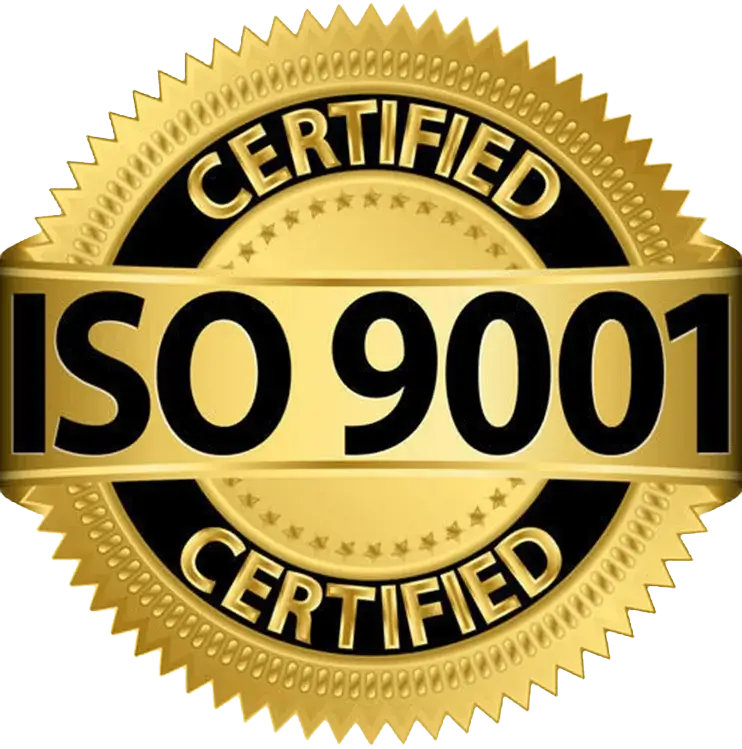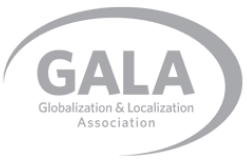Serving specific purposes, technical and sworn translations may generate uncertainty in those hiring this kind of service. With this in mind, we have prepared this article to explain the main differences between the two translation categories.
Technical Translation
Geared toward corporate needs, technical translation helps companies in a wide variety of fields communicate in different languages, applicable to many specialized areas such as engineering, IT, agribusiness, advertising, electronic devices, etc. For this reason, it requires specialized professionals who have extensive knowledge of the most common terminology in the field in question.
The vast majority of these materials, which may be manuals, training materials, slideshows, catalogs, ads, packages, websites, etc., serves the purpose of transmitting information accurately. This factor allows translators to adapt the text to favor less complex grammatical structures, avoiding ambiguity but not distorting the original meaning.
The role of this kind of translation is to carry the message from one language into another, faithfully following the content of the client’s original document, without the translator needing to confer legal value upon translated information.
Sworn Translation
Unlike technical translation, which can be performed by any professional with specific expertise in a market segment, sworn translation in Brazil may only be provided by a sworn public translator, a certified professional registered with the Board of Trade. This is a service that makes a document acceptable (gives it legal value) before government agencies.
This kind of translation is important because international documents must be translated into the local language by a sworn translator in order to be valid in Brazilian territory. Similar rules apply for Brazilian documents to be accepted in foreign countries. The most documents requiring sworn translation are birth, marriage and divorce certificates, power-of-attorney forms, diplomas, tax and business reports, corporate charters, passports, as well as other tax documents.
One of the main characteristics of this type of translation is that it must represent the original document quite faithfully, including the stamps, seals, coats of arms and signatures. When any detail is omitted, the translator must state that the translation was partial.
In summary, technical translation is generally used by companies seeking to transpose content in different kinds of materials from one language into another, for commercial or training purposes, among others. Sworn translation in turn is usually sought out by individuals for personal reasons, when legal value needs to be conferred upon a translated document.
* Structured to serve the corporate market (large national and multinational companies), Netwire offers a wide range of services for technical translation, including: Translation and Localization, Transcription, Subtitling, Voice-over, Interpreting, Automated Translation, Localization Testing, Translation Memory Management, DTP, Glossary and Style Guide Creation and Management.
About Netwire
Created in 2000, Netwire provides technical translations into any language. With offices in Brazil and Argentina, the company serves approximately 25 market segments and has a network of hundreds of native translators, specialized in different business fields, residing all over the planet. In the past five years alone, Netwire processed over 110 million words, delivering an average of 400 projects per month.








